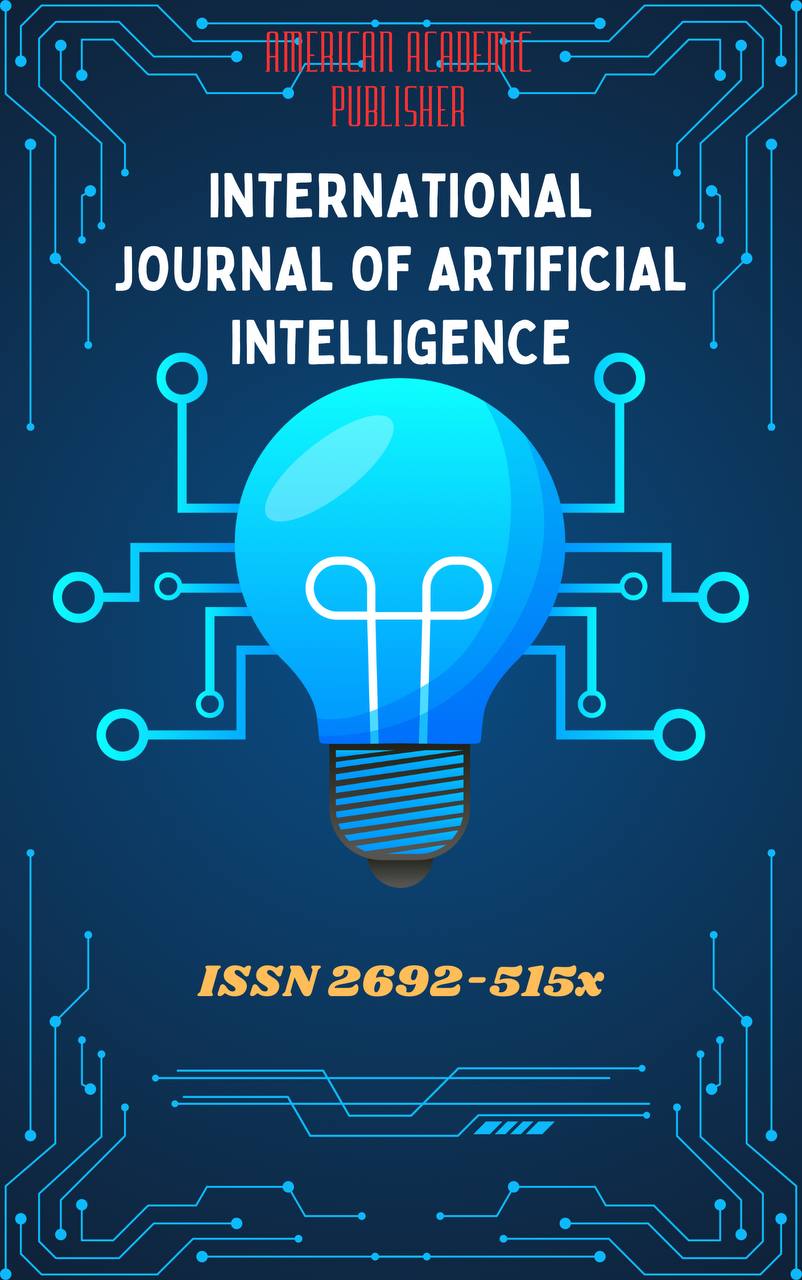 Articles
| Open Access |
Articles
| Open Access | THEORETICAL AND METHODOLOGICAL FOUNDATIONS OF THE APPLICATION OF ADVANCED FOREIGN TECHNOLOGIES FOR THE FORMATION OF WRITING SKILLS IN THE EDUCATIONAL PROCESS OF NON-PHILOLOGICAL HIGHER EDUCATION INSTITUTIONS
Abdilakimova Umida Baratovna , Doctoral student of the Samarkand State Institute of Foreign LanguagesAbstract
This article explores the theoretical and methodological foundations of applying advanced foreign technologies for the development of writing skills in non-philological higher educational institutions. It delves into key aspects such as cognitive approaches to writing, sociocultural theories of literacy, communicative language teaching, computer-assisted writing instruction, and online writing platforms. The article discusses the potential benefits of adaptive learning platforms, multimodal writing, gamification, and virtual writing communities. It also highlights the importance of aligning writing instruction with industry expectations, leveraging data analytics and learning analytics, and considering accessibility, inclusivity, and ethical considerations. The article emphasizes the need for ongoing professional development, collaboration with language centers and writing support services, and research and evaluation. By understanding these theoretical and methodological foundations, educators can effectively integrate advanced foreign technologies to enhance writing instruction and prepare students for effective written communication in various contexts.
Keywords
advanced foreign technologies, writing skills, non-philological higher education, cognitive approaches, sociocultural theories, communicative language teaching, computer-assisted writing instruction, online writing platforms, adaptive learning, multimodal writing, gamification, virtual writing communities, industry expectations, data analytics, learning analytics, accessibility, inclusivity, ethics, professional development, collaboration, research and evaluation.
References
Adams, R., & Ngampornchai, A. (2019). Integrating technology in writing instruction: A meta-analysis. Journal of Educational Computing Research, 57(3), 671-704.
Bereiter, C., & Scardamalia, M. (1987). The psychology of written composition. Routledge.
Cho, K., & Schunn, C. D. (2007). Scaffolded writing and rewriting in the discipline: A web-based reciprocal peer review system. Computers & Education, 48(3), 409-426.
Graham, S., MacArthur, C. A., & Hebert, M. (2018). Writing instruction in the 21st century: Methods, tools, and best practices. Guilford Publications.
Huot, B. (2002). (Re)Articulating writing assessment for teaching and learning. Utah State University Press.
Leki, I. (1992). Understanding ESL writers: A guide for teachers. Heinle & Heinle Publishers.
Lu, M. (2010). Effects of online synchronous peer response on revision of L2 writing. Journal of Second Language Writing, 19(1), 51-66.
National Council of Teachers of English. (2011). Framework for success in postsecondary writing. Retrieved from https://ncte.org/wp-content/uploads/2014/02/Framework-for-Success-in-Postsecondary-Writing.pdf
Pachler, N., Daly, C., Mor, Y., & Mellar, H. (2010). Formative e-assessment: Practitioner cases. Routledge.
Rijlaarsdam, G., Braaksma, M., Couzijn, M., & Janssen, T. (2014). The effects of increased digital writing on narrative writing performance and written language bursts. Computers & Education, 78, 28-39.
Warschauer, M., & Grimes, D. (2008). Audience, authorship, and artifact: The emergent semiotics of Web 2.0. Annual Review of Applied Linguistics, 28, 1-18.
Zhao, Y., & Liu, Q. (2015). What makes the difference? A practical analysis of research on the effectiveness of distance education. Teachers College Record, 117(4), 1-43.
Article Statistics
Downloads
Copyright License

This work is licensed under a Creative Commons Attribution 4.0 International License.

